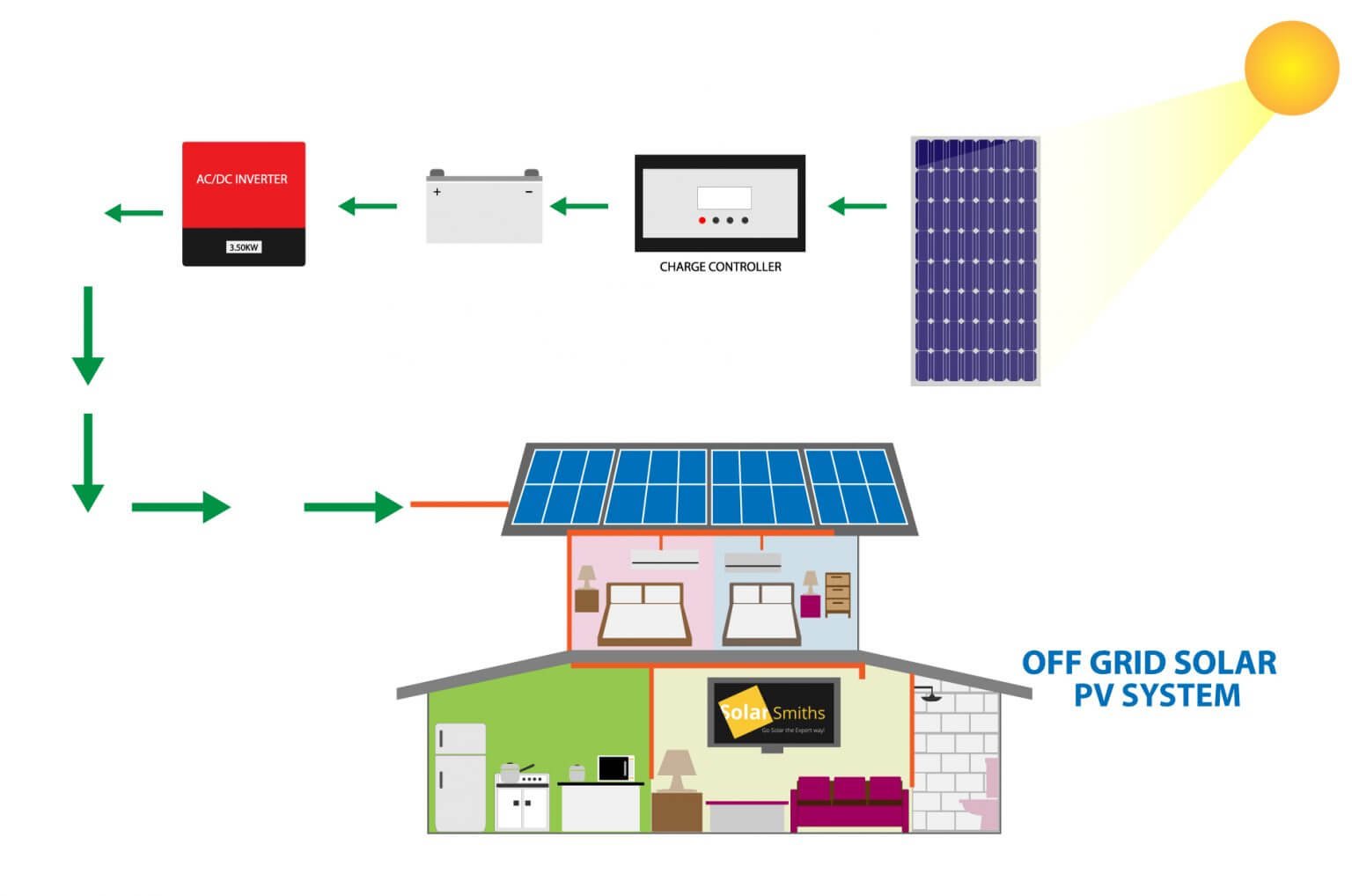Off grid living South Carolina presents a unique blend of challenges and rewards. Aspiring self-sufficient individuals are increasingly drawn to the Palmetto State’s diverse landscape, seeking a life unplugged from the traditional grid. But navigating the legal, logistical, and practical aspects of off-grid living requires careful planning and preparation. This exploration delves into the realities of establishing a sustainable, off-grid existence in South Carolina, covering everything from legal compliance to resource management and community integration.
From securing suitable land and establishing reliable water sources to generating renewable energy and implementing responsible waste management, the path to off-grid living in South Carolina is multifaceted. This guide provides a comprehensive overview of the key considerations, offering insights into the potential pitfalls and highlighting the strategies for success. Whether you envision a minimalist cabin in the woods or a thriving homestead, understanding the intricacies of South Carolina’s regulations and the practicalities of self-sufficiency is crucial.
Water Sources and Management
Securing a reliable and safe water supply is paramount for successful off-grid living in South Carolina. The state’s climate, with its periods of intense rainfall and potential droughts, necessitates a thoughtful approach to water sourcing and management. Several methods exist, each with its own advantages and disadvantages.
Well Drilling
Well drilling offers a relatively consistent source of water, independent of rainfall patterns. The depth and yield of a well depend significantly on the geological conditions of the specific location. In South Carolina, the cost of drilling a well can range from several thousand dollars to upwards of $15,000 or more, depending on depth and required equipment. Maintenance involves periodic pump inspections and potential repairs, adding to the ongoing expense.
Water quality is variable and requires testing to ensure it is potable. A successful well provides a substantial and relatively consistent water supply, reducing reliance on other sources, but carries a high initial investment risk.
Learn about more about the process of off grid living desert in the field.
Rainwater Harvesting
Rainwater harvesting presents a cost-effective and environmentally friendly alternative, especially in areas with sufficient rainfall. South Carolina receives considerable rainfall annually, making this a viable option for many. The initial investment involves purchasing collection tanks, gutters, and filtration systems. The cost varies depending on the size of the system and the materials used; a basic system can be constructed for a few hundred dollars, while larger, more sophisticated systems can cost several thousand.
Maintenance includes cleaning gutters and filters regularly to prevent contamination. Water quality is generally good, but filtration is crucial to remove pollutants and ensure safety for drinking.
Spring Collection
Locating and utilizing a natural spring can provide a free and reliable water source. However, the availability of springs varies considerably across South Carolina. Finding a suitable spring requires research and possibly professional assistance from a hydrologist or well driller familiar with the area. The initial investment is relatively low, primarily involving the cost of piping and filtration systems.
Maintenance focuses on keeping the collection area clean and free from debris. Water quality can vary and needs thorough testing to ensure it is safe for consumption. While a natural spring offers a low-cost solution, finding a reliable source requires significant effort and the water quality needs careful monitoring.
Water Quality Testing and Safe Consumption
Regardless of the water source, testing is crucial to ensure potability. Water testing kits are readily available from home improvement stores and online retailers. These kits typically test for bacteria, nitrates, and other contaminants. For a more comprehensive analysis, it’s advisable to send a sample to a certified laboratory. Water treatment methods, such as boiling, filtration (using a multi-stage filter system), and chemical disinfection (using approved disinfectants like chlorine bleach following EPA guidelines), are necessary to ensure safe consumption.
Regular testing is recommended to monitor water quality and adjust treatment methods as needed.
Constructing a Rainwater Harvesting System, Off grid living south carolina
Constructing a rainwater harvesting system involves several steps.
- Assessment: Determine the roof area available for water collection and the desired storage capacity. Consider the average annual rainfall in your area.
- Materials Selection: Choose appropriate materials for gutters, downspouts, storage tanks (food-grade plastic is recommended), and filters. Consider UV-resistant materials for outdoor components.
- Installation: Install gutters and downspouts to direct rainwater into a collection tank. Ensure proper slope and sealing to prevent leaks. Position the tank to minimize sunlight exposure.
- Filtration: Incorporate a filtration system, such as a first-flush diverter to remove initial debris, followed by a sediment filter and a charcoal filter to remove impurities and improve taste.
- Plumbing: Install plumbing to distribute water to points of use. Consider a pump if the tank is elevated or gravity flow is insufficient.
- Maintenance: Establish a regular cleaning schedule for gutters, filters, and the tank itself. Regular inspection is vital for early detection of any leaks or malfunctions.
Proper planning and execution are vital for a functional and safe rainwater harvesting system. Consulting with a professional plumber or contractor can ensure proper installation and adherence to local building codes. Careful consideration of the system’s capacity and the household’s water needs is essential to avoid shortages during periods of low rainfall.
Waste Management and Sanitation

Off-grid living in South Carolina necessitates careful consideration of waste management and sanitation, significantly impacting both environmental sustainability and resident health. Effective strategies are crucial for minimizing environmental impact while complying with state regulations. Choosing the right system depends on factors like budget, property size, soil type, and household size.
Wastewater and Sewage Treatment Options
Several methods exist for managing wastewater and sewage in off-grid settings. Septic systems remain a popular choice, involving the breakdown of waste through a series of tanks and leach fields. Composting toilets offer a more environmentally friendly alternative, converting human waste into a compostable material through aerobic decomposition. Greywater recycling systems, meanwhile, treat wastewater from showers, sinks, and laundry, enabling its reuse for irrigation or toilet flushing, conserving water resources.
The selection process requires careful evaluation of each system’s suitability for specific site conditions and household needs.
Environmental Impact and Cost Comparison of Waste Management Solutions
Septic systems, while effective, can potentially contaminate groundwater if not properly maintained or installed in unsuitable soil. Their high initial installation costs and the need for periodic pumping are also significant drawbacks. Composting toilets, conversely, present a low-impact solution, minimizing water usage and producing valuable compost. However, they require diligent maintenance and may not be suitable for all climates or household sizes.
Greywater recycling systems offer significant water savings but require careful filtration and treatment to prevent contamination. The cost-effectiveness of each system depends on factors such as initial investment, maintenance expenses, and long-term environmental benefits. For example, a family of four in a rural area with suitable soil might find a septic system more cost-effective in the long run, while a single individual prioritizing environmental sustainability might opt for a composting toilet coupled with greywater recycling.
South Carolina Regulations for Off-Grid Waste Disposal
South Carolina’s Department of Health and Environmental Control (DHEC) governs waste disposal practices, including those for off-grid properties. Regulations vary depending on the specific system employed and the location of the property. Before installing any wastewater or sewage system, property owners must obtain necessary permits from DHEC, ensuring compliance with all applicable regulations. Failure to comply can result in significant fines and legal repercussions.
Detailed information regarding permitting procedures and specific regulations can be found on the DHEC website or by contacting their offices directly. It is crucial to consult with DHEC early in the planning process to avoid delays and potential conflicts.
Best Practices for Minimizing Waste Generation
Effective waste management begins with waste reduction. Implementing these best practices can significantly reduce the burden on any chosen wastewater or sewage system:
- Compost food scraps and yard waste.
- Reduce reliance on single-use plastics and disposable items.
- Repair and reuse items whenever possible.
- Practice mindful consumption, purchasing only what is needed.
- Utilize rainwater harvesting for irrigation and non-potable water needs.
- Employ water-efficient appliances and fixtures.
These strategies not only minimize waste but also contribute to a more sustainable and cost-effective off-grid lifestyle.
Community and Social Aspects: Off Grid Living South Carolina
Choosing an off-grid lifestyle in South Carolina presents a unique blend of challenges and rewards, significantly shaped by the social dynamics of living in a remote location. The trade-off between self-sufficiency and community interaction is a central theme for those considering this path. While isolation can be a desired aspect for some, others find the lack of immediate access to social support networks a significant drawback.The benefits of remote living often center around increased privacy, a slower pace of life, and a closer connection to nature.
However, the challenges can include limited access to services, social isolation, and the potential for difficulties in building and maintaining community ties. The need for self-reliance is amplified in these settings, requiring strong problem-solving skills and a capacity for independent living.
Challenges and Benefits of Remote Living in South Carolina
The sparsely populated areas of South Carolina, particularly in the upstate and coastal regions, offer opportunities for off-grid living. However, the distance from urban centers brings about its own set of considerations. Benefits include a stronger sense of community among those who choose this lifestyle, fostering mutual support and cooperation. Challenges include the need for self-sufficiency in maintaining infrastructure and accessing essential services, requiring a greater level of preparation and resourcefulness.
The remoteness can also lead to feelings of isolation, particularly for those unaccustomed to limited social interaction. Successfully navigating this lifestyle often depends on proactively building and maintaining relationships with neighbors and local authorities.
Examples of Existing Off-Grid Communities in South Carolina
While there isn’t a centralized registry of off-grid communities in South Carolina, anecdotal evidence suggests several pockets of individuals and small groups practicing various degrees of off-grid living. These are often found in rural counties with abundant land and resources. These communities are generally characterized by a shared ethos of self-sufficiency and a preference for a simpler lifestyle, often with a focus on sustainable practices.
Many such communities are informally connected through word-of-mouth and shared interests, rather than through formal organizations. Information on specific locations is often kept private to maintain privacy and security.
Resources and Support Networks for Off-Grid Residents
Several organizations and resources cater to those interested in sustainable living and off-grid practices. While specifically South Carolina-focused off-grid support groups may be limited, broader networks dedicated to sustainable living, homesteading, and alternative energy provide valuable information and connections. Online forums, workshops, and educational resources can offer guidance on various aspects of off-grid living, from water management to renewable energy solutions.
Local agricultural extension offices and government agencies can also provide valuable resources and information on land management and sustainable practices. Furthermore, establishing connections with like-minded individuals within the wider sustainable living movement can create a valuable support network.
Tips for Maintaining Positive Relationships with Neighbors and Local Authorities
Building and maintaining positive relationships with neighbors and local authorities is crucial for successful off-grid living in South Carolina. Open communication is key; proactively informing neighbors about your plans and activities can alleviate concerns and foster understanding. Compliance with local regulations and ordinances is essential, ensuring that your off-grid practices do not conflict with community standards or environmental protection laws.
Participating in local community events and activities demonstrates engagement and strengthens community bonds. Regularly checking in with local authorities and maintaining open communication channels can prevent misunderstandings and ensure a smooth coexistence. Respecting property boundaries and adhering to established community norms contributes to harmonious relationships.
Embarking on off-grid living in South Carolina requires a significant commitment, demanding thorough research, careful planning, and a resilient spirit. While the challenges are undeniable, the rewards – a life closer to nature, greater self-reliance, and a reduced environmental footprint – can be deeply fulfilling. This guide serves as a starting point, offering a framework for navigating the complexities of this unique lifestyle.
By understanding the legal landscape, mastering essential skills, and fostering strong community connections, individuals can pave the way for a thriving and sustainable off-grid existence in the heart of South Carolina.


